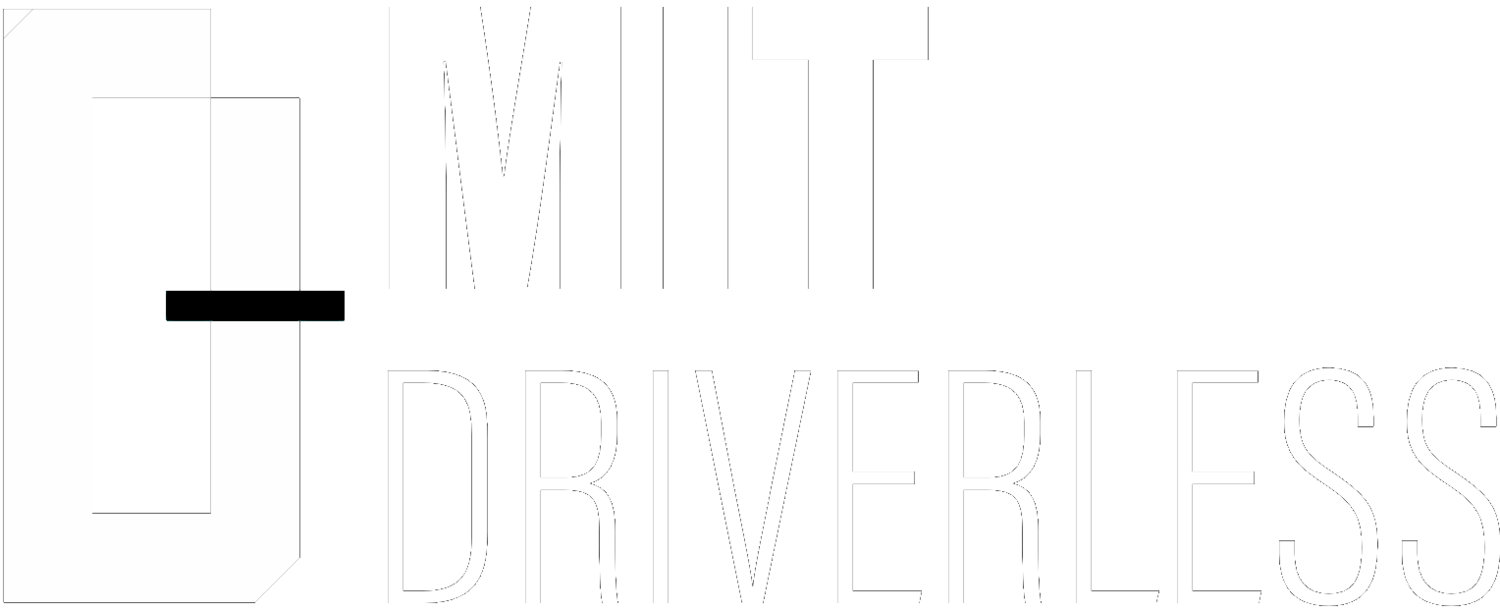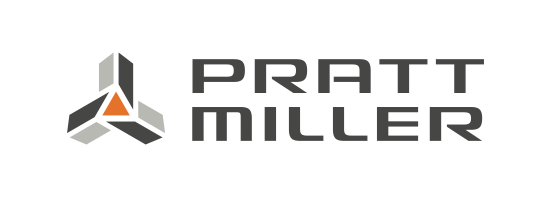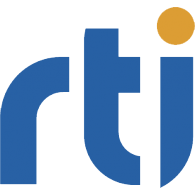IndyCar Autonomous Challenge Team Roles
MIT driverless is a group of motivated engineers who care about the applied side of autonomy, we build autonomous race cars as way to learn the intricacies of putting autonomous vehicles on the road and to prepare ourselves for a career in fast paced AV industry. Founded in 2018, we immediately achieved podium finishes in Europe’s Formula Student Driverless competitions in our first season. This year, we are taking on a new challenge!
This upcoming year, MIT Driverless is taking on a new endeavor - the Indy Autonomous Challenge. This is a brand-new race where we will program an automated Dallara IL-15 Indy Lights race car to outrace and outmaneuver fellow innovators in a head-to-head, high-speed 120 mph+ (200 kph+) race at the Indianapolis Motor Speedway, the world’s most famous racetrack. Details here: https://www.indyautonomouschallenge.com/ Join a rockstar team to take the gold!
In this role, you will be part of the close-knit leadership to design and build the software for a self-driving vehicle to compete in the October 2021 IndyCar Autonomous race. You will have the opportunity to solve real world problems and applications in an academic setting. Use your knowledge and abilities in a large scope, systems level problem, working with other team members to integrate everything in the system from computer vision to planning to controls. Your specific role and responsibilities can be defined based on your preferences, interests, and skill sets (although a tentative list of roles is found below) as long as they contribute to the overall team goals.
You will collaborate with our faculty advisors and potentially be advised/work in CSAIL with Daniela Rus’ lab.
Responsibilities may include (flexible):
Developing algorithms to enable IndyCar/Formula 1 style racecar to go 120mph+ / 200kph+ autonomously
Developing multi-agent planning algorithms to maneuver around other vehicles at similar speeds
Developing robust localization algorithms utilizing noisy, delayed and asynchronous sensor data
Developing model-based control laws that drive the car at tire limits.
Solving real world industry problems for the deployment of autonomous vehicles - your work could go on the road in 10 years!
Basic Qualifications
4th year undergrad or currently pursuing a graduate degree
If 4th year undergrad, must be applying to Master’s in relevant field (EECS, Mechanical Eng w/ Controls Background)
If pursuing a graduate degree, must be in a relevant field (EECS MEngs, etc.)
Extensive coding/development experience and have experience with C/C++ or Python
Can pass a technical interview and work sample / code review
Ability to quickly prototype a solution to prove out the technical feasibility and business value
Ability to rapidly iterate on code: diagnose, debug and fix existing workflows and applications
Preferred Qualifications
Experience with agilely running through the full development cycle: define requirements, design, test, validate, restart (for example, through start up experience)
UROP experience
Hobbyists, including experience with software and hardware (Note: hardware experience less important for software focused roles, such as Simulation lead)
Self starter, practical, and hands on - willing to take initiative and roll up sleeves
Strong commitment to doing what's needed to make the car work
Able to identify gaps in work needed and willing to jump in and do it
Prioritizes the system over sub system / acts as a team player
Extensive coding/development experience and have experience with ROS
Demonstrated experience owning project from ideation to completion with minimal supervision
Positive, enthusiastic, can-do attitude
Strong communication verbal and written skills
Has a deep sense of humility and growth mindset
Strong interest in the world of autonomy











